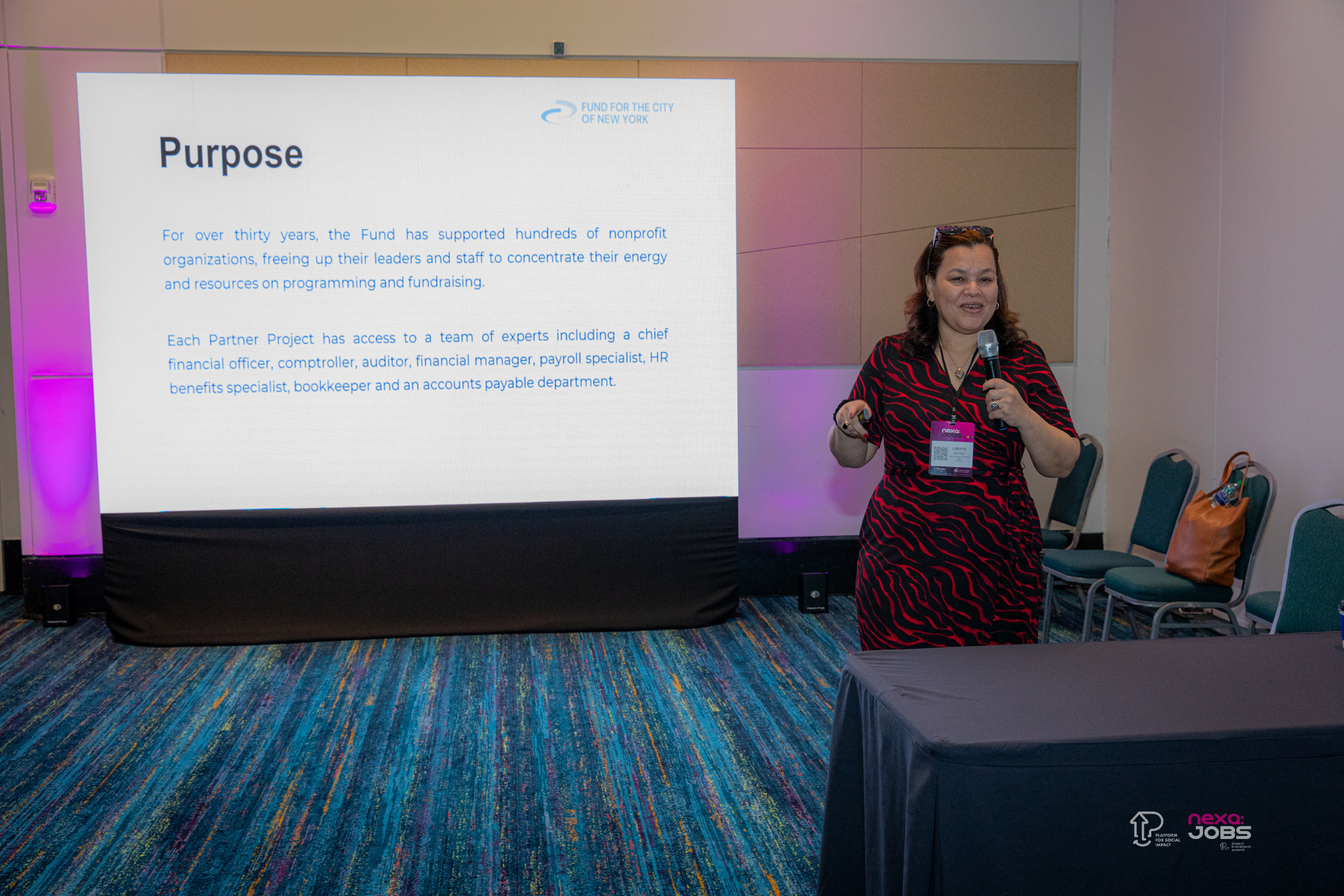With a diverse panel of experts and leaders, NEXA focused on education and labor, public-private partnerships emerged as a key driver for workforce development and digital equity. The discussions highlighted significant achievements and future goals aimed at enhancing job skills and bridging the digital divide.
A comprehensive catalog of online training content was presented, featuring successful partnerships with Coursera, which has impacted over 146 million students worldwide. Highlighted partners included Dr. Jacob Opadeyi, Director of Guyana Online Learning Academy; Julie Carter, Director of Office of Workforce Development in Missouri, and Dr. Allyson Leacock, Director of National Transformation Initiative in Barbados, showcasing how these partnerships have improved job skills and fostered economic growth.
“Coursera has been instrumental in providing accessible and relevant training to millions, aligning with national goals and addressing post-pandemic challenges,” noted Carter.
The summit emphasized the critical role of the private sector in securing job opportunities post-training, highlighting the need for equitable internet access and innovative online pedagogical methods. “Ensuring all students have access to the internet is fundamental. It’s a basic democratic tool essential for modern education,” stated Leacock.
Discussions also revolved around the successful implementation of initiatives in other regions, drawing parallels and lessons for Puerto Rico. For instance, Brandon Ona, Director of Business Services at the Office of Workforce Development in Georgia, highlighted the importance of inclusive job pathways and the impact of strategic investments in workforce training. “We focused on creating opportunities for everyone, including immigrants and the homeless, ensuring they can access quality jobs and thrive in a supportive environment,” he said. His insights stressed the importance of addressing barriers such as childcare and transportation to build effective job pathways.
The discussions pointed out the need for active involvement from the private sector to close the digital divide and promote an adaptable education system. “Collaboration between government, industries, and communities is essential to create a supportive ecosystem that addresses local needs,” emphasized Andrea Nicholls, Director of Better Builder Program, who was panelist with Ona. She highlighted the importance of hiring locally and ensuring industries align with community needs.
The summit also touched on innovative funding solutions to support non-profits and social enterprises. Lissette Nieves, President of the Fund for the City of New York (FCNY), discussed how her organization helps mission-driven entities manage finances, emphasizing the importance of reliable funding and strategic support. “We assist non-profits in managing their finances and ensuring they can continue their crucial work without financial strain,” she stated.

Nieves narrated how and why the FCNY started; moreover emphasized on how business, including nonprofit loan financing, are adapting to expand growth opportunities in innovative spaces.
In that same line, Colleen Malloy, Senior Business Development Manager at Coursera, added insights into how online platforms are bridging educational gaps and providing accessible learning opportunities. “Through our partnerships, we aim to democratize education and provide learners worldwide with the skills they need to thrive in the modern economy,” she explained.
Overall, the summit showcased a comprehensive approach to workforce development and digital equity, emphasizing the importance of public-private partnerships, strategic investments, and inclusive policies. The insights and initiatives discussed provide a roadmap for Puerto Rico to enhance its educational and labor ecosystem, fostering sustainable economic growth and a more equitable society.


